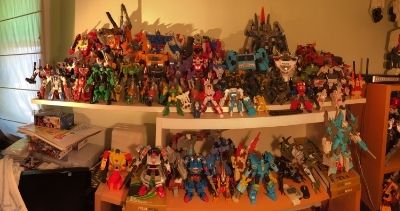BWFoster78
 Myth Weaver
Myth Weaver
You're not implying I am not, are you?
The OP points out that criticisms of the published are dismissed as envy, and he goes on to say we should look at the author's mistakes as well as strengths.
A discussion of a particular author's strengths and weaknesses strays from the conversation that I think we're having.
Criticizing a successful author is not being dismissive, unless you're just jumping on the This-Sucks bandwagon. I think we're in complete agreement with that piece.
I concur.
But what the OP seems to be talking about—and what I am talking about—is that if I want to up my game in terms of writing/storytelling, I need to look at the strengths and weaknesses of the story/novel/series itself. Book sales are not part of the equation. If they were, Sullivan's little-known debut novel through a small publisher would be seen differently than that same debut novel, which is now well-known through a big publisher.
I think that you can find useful information from examining all kinds of sources. For example, I've discovered some huge mistakes that I was making from reading a poorly written indie book and going, "Wow, I hated that. Wait a second. I'm doing that in my book." You can also find cool stuff that you like and emulate in indie books.
We, I think, agree completely on that point.
Let me try to restate my position in light of this last post of yours:
My reaction in another thread was partially to blame for the OP's post in this thread. My primary reason for that reaction was seeing people completely dismiss a hugely successful book as being without merit. I disagreed with their dismissal for two reasons:
1. If a book has done really, really well, there is likely some reason it has done well, especially if there are legions of fans that say, "I loved this book!" Dismissing as being without merit because you don't personally like it is, imo, a poorly considered position.
2. It's my opinion that such a dismissal makes an aspiring author look bad.

 Istar
Istar
 Inkling
Inkling